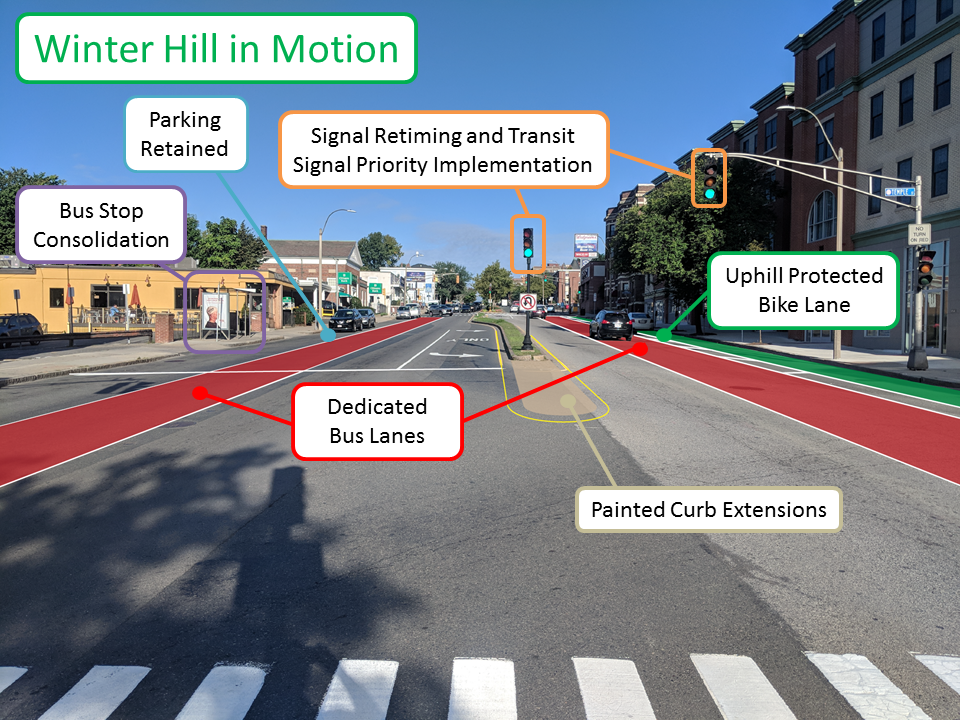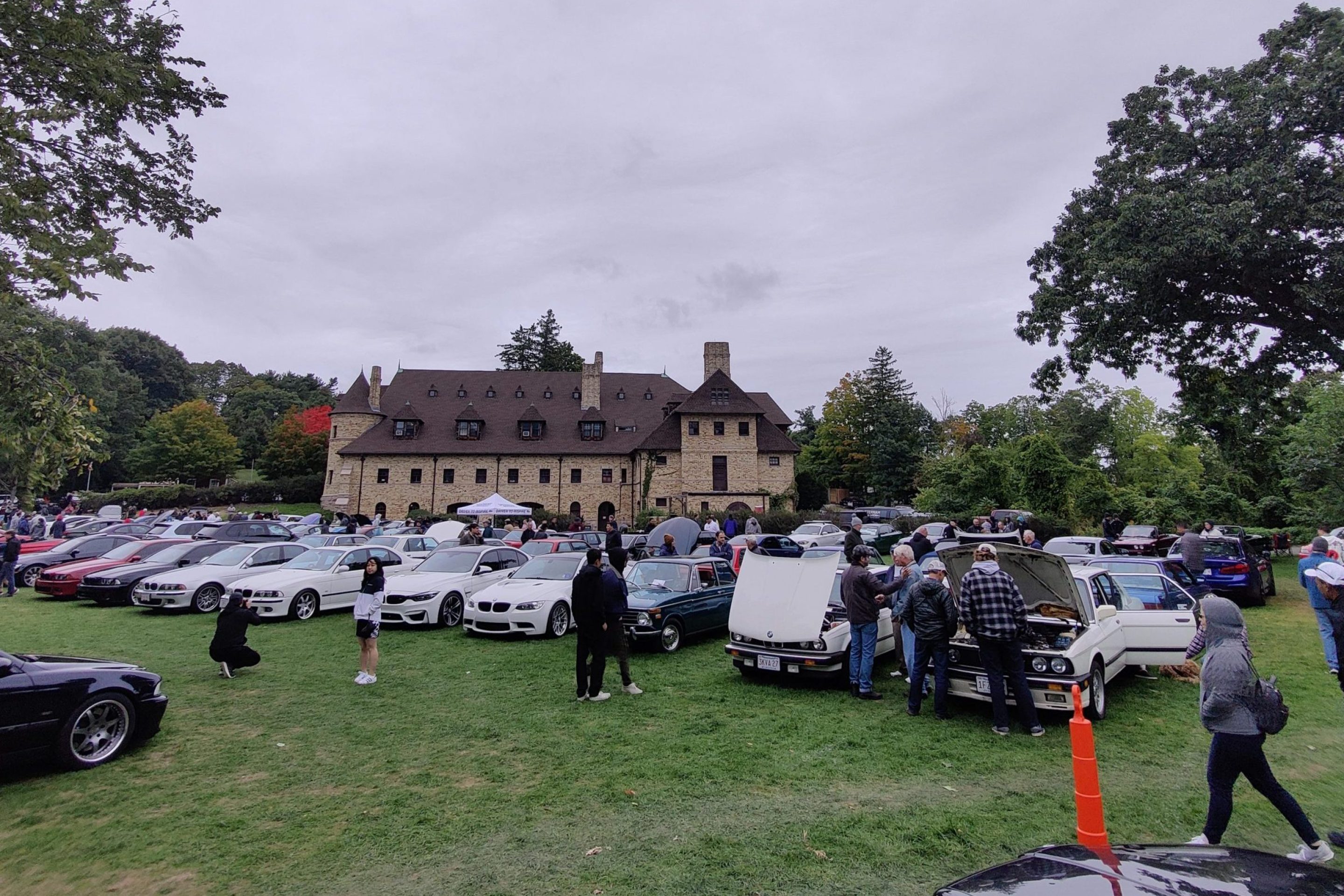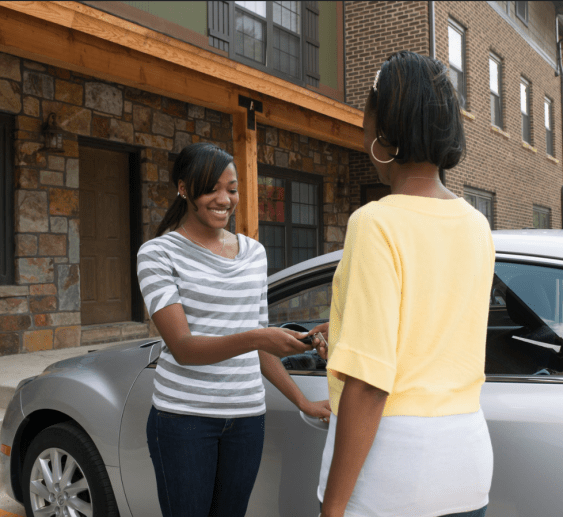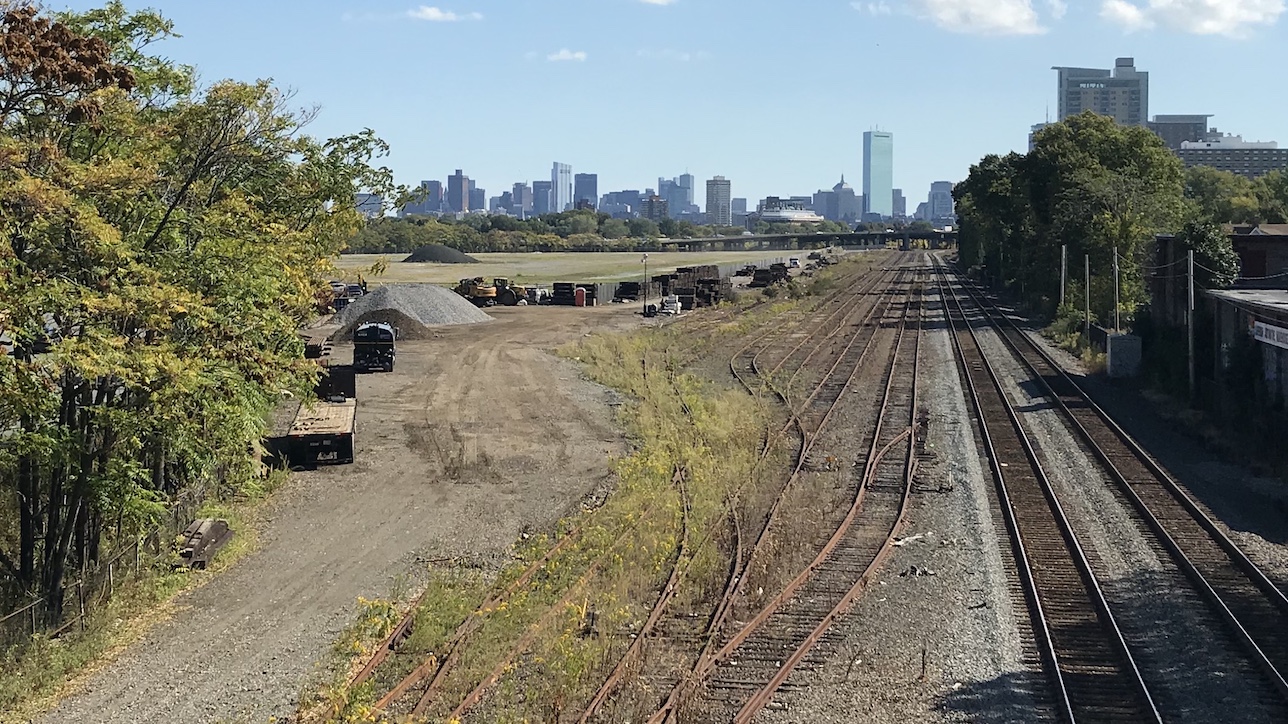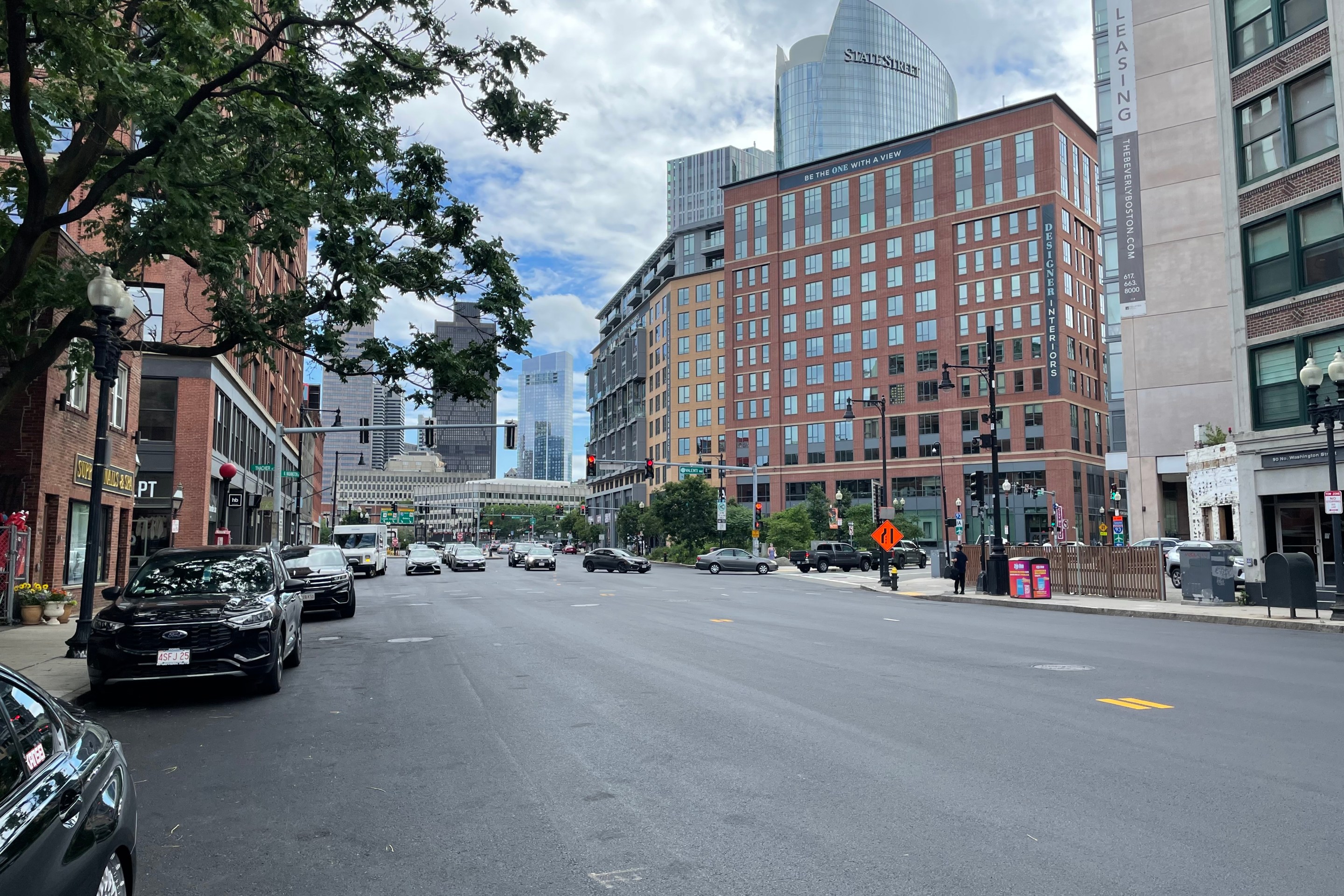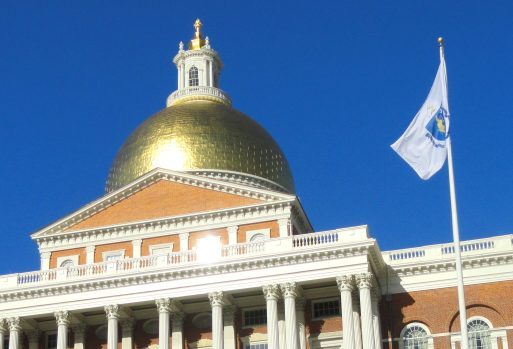Motorists are attempting an online rebellion after the City of Somerville transformed Broadway – one of the city's busiest streets – to set aside dedicated lanes for buses and bicycles and re-timed traffic signals to give priority to the corridor's MBTA bus riders.
Broadway's two major bus routes – the 101, which connects downtown Medford to Sullivan Square, and the 89, which links West Somerville to Charlestown and downtown Boston – together carry over 7,700 riders over the course of a typical weekday.
Traffic data indicate that buses carry over a quarter of the people using Broadway during weekday morning rush hours, and while the average peak-hour bus delay on the corridor only amounts to a minute or so, one in ten peak-hour buses were being delayed by 5 minutes or more, creating a great deal of uncertainty for transit-dependent residents and workers.
To address these issues, and help encourage more people to leave their cars behind to use transit instead, Somerville's "Winter Hill In Motion" project set aside dedicated bus lanes in both directions, plus several new segments of protected bike lanes. The project has also consolidated bus stops and reprogrammed traffic lights to prioritize buses at intersections.
It's still too early to evaluate the results, but Wes Edwards, the Assistant General Manager of Service Development for the MBTA, says he has "pretty high expectations that the outcome of this is going to be better service for riders."
"This is the first all-day, two-way bus lane in the region since the Silver Line," noted Edwards in a phone interview Thursday afternoon. He said that the main benefit to riders will come from more reliable travel times, but it's possible that improved travel speeds on the corridor could ultimately lead to schedule adjustments that give riders shorter wait times between buses.
Edwards reported that, thanks to all-day bus lanes that were recently made permanent on Mount Auburn Street in Cambridge and Watertown, the MBTA is currently evaluating schedule changes for those routes that could offer more daily bus trips using the same number of vehicles and drivers.
My 1st ride on the new dedicated bus/bike lane on Broadway in @SomervilleCity - weee! This was during peak hour in peak direction & yes the cars were still moving, just not as quickly as the bus. I’d guess it cut 5-10 min from my trip. @JoeCurtatone #SomervilleMa #BetterBuses pic.twitter.com/1HyQf9PW4d
— Julia Wallerce (@juliawallerce) October 9, 2019
But the sight of bus riders sailing past long lines of cars has inspired resentment among some motor vehicle users, who are already struggling with road and bridge closures associated with Somerville's Green Line Extension project.
As of October 10, an online petition opposing the changes has gathered about 1,400 "signatures," although the online format makes it difficult to confirm whether all of those are true supporters or merely sock-puppet accounts.
The petition's author, Arthur Moore, makes several unverifiable claims about the project, asserting that "the current condition is causing many car accidents" and "loss of business as parking was taken away."
A significant number of the petition's signatures come from far outside Somerville, and many express issues that clearly have nothing to do with the bus lanes, but rather express general resentments against bus and bike riders.
For instance, petitioner Matt Peters of Providence, Rhode Island weighed in to say "I can't WAIT for the day to sign a pettition (sic) for these imbecile bike riders to pay excise tax and insurance."
Just as it's too early to assess the new street configuration's impact on bus travel times, it's also too early for any honest assessments of the project's impacts on traffic congestion.
Evaluations of other bus lane projects in the region suggest that bus priority projects don't have much of an effect on single-occupant-vehicle travel times, and may, in fact, help reduce congestion and improve safety by removing conflicts from buses merging in and out of bus stops. A City of Cambridge analysis of traffic on Mount Auburn Street found that, "even with a general travel lane converted to bus/bike-only lanes... travel times for people driving (remained) about the same before and after the project."
Somerville Mayor Joe Curtatone is so far holding firm in defending the new, more efficient street design.
"It's time we placed a priority on bus transit," wrote the mayor in a Facebook post on Wednesday. "Ultimately quicker, more reliable bus service will mean more total people traveling that corridor, but fewer cars. It won't happen overnight (and new buses will be added as ridership increases), but that is quite literally the 'vision' that needs to be implemented to make Vision Zero a reality."
Take action
If you live or work in Somerville and the new Broadway has improved your commute, let city officials know: send a message to:
mayor@somervillema.gov
citycouncil@somervillema.gov
transportation@somervillema.gov
